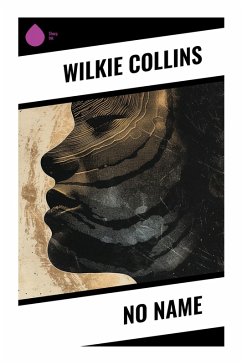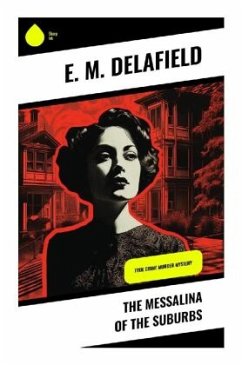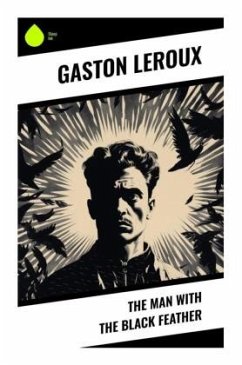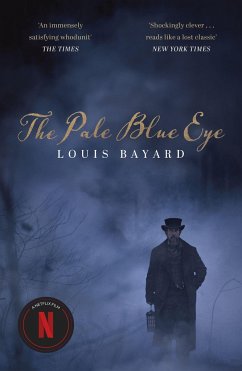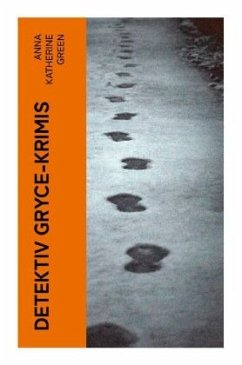
The Law and The Lady (A Detective Thriller)
Versandkostenfrei!
Versandfertig in 6-10 Tagen
14,60 €
inkl. MwSt.

PAYBACK Punkte
0 °P sammeln!
Set against the backdrop of Victorian society, Wilkie Collins's "The Law and The Lady" intricately weaves a narrative that deftly combines elements of detective fiction and psychological thriller. The story follows the resolute Valeria Brinton, a young bride who seeks to uncover the truth behind her husband's mysterious past and the supposed murder he may have committed. Collins employs a keenly observant narrative style, rich in detailed descriptions and complex characterizations, that invites readers into a labyrinth of legal and moral dilemmas, thereby exploring themes of gender, justice, a...
Set against the backdrop of Victorian society, Wilkie Collins's "The Law and The Lady" intricately weaves a narrative that deftly combines elements of detective fiction and psychological thriller. The story follows the resolute Valeria Brinton, a young bride who seeks to uncover the truth behind her husband's mysterious past and the supposed murder he may have committed. Collins employs a keenly observant narrative style, rich in detailed descriptions and complex characterizations, that invites readers into a labyrinth of legal and moral dilemmas, thereby exploring themes of gender, justice, and social criticism prevalent during the 19th century. Wilkie Collins, often hailed as one of the pioneers of the detective genre, drew on his own experiences as a legal consultant and his awareness of contemporary social issues to craft this provocative work. His literary career was marked by an interest in the intricacies of human psychology and the societal constraints placed on women, particularly in relation to marriage and autonomy. Collins's friendship with fellow writer Charles Dickens and his exposure to the complexities of the legal system likely informed his nuanced portrayal of Valeria's quest for truth and justice. "The Law and The Lady" is a must-read for enthusiasts of classic detective fiction and those intrigued by the intersection of gender and law. Collins's exceptional storytelling and intricate plotting are sure to engage contemporary readers, providing both a thrilling narrative and a rich exploration of societal norms, making it a timeless piece that resonates even today.



